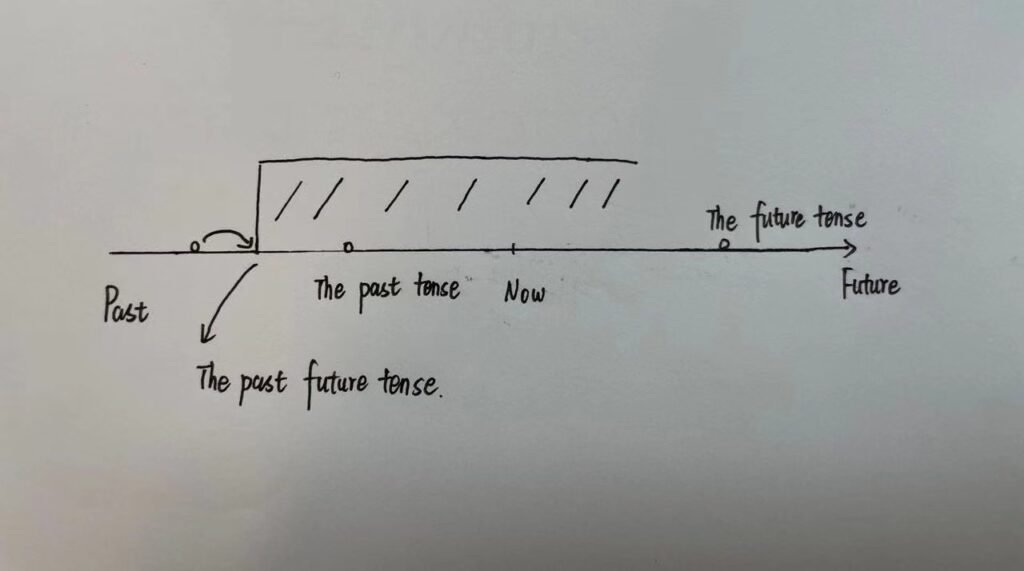Tense
Simple Tense
The present tense: used to say the action someone usually does, or used to state facts: do / does
The past tense: used to say a completed action: did
The future tense: decide to do something in the future at the time of speaking: will do
The past future tense (The sentence usually have contained a past action): decide to do something in the past: would do

Commonly Collocated adverbials of time
The present tense: Sometimes, often, usually, often
The past tense: yesterday, last week, two months ago
The future tense: tomorrow, next week, in the future
The past future tense: later, soon, next day
Examples
e.g.1: I usually _____ to school by bus. (go)
Analysis: The word “usually” represents that the action often happens.
Answer: I usually go to school by bus.
e.g.2: Your wife ____ you just now. (ring)
Analysis: The word “just now” represents that the action happened before.
Answer: Your wife rang you just now.
e.g.3: I think they ____ us the truth next week. (tell)
Analysis: The word “next week” represents that the action has not happen yet, and the action in the subject clause is in the present tense.
Answer: I think they will tell us the truth next week.
e.g.4: He told me that he ____ abroad later. (go)
Analysis: The word “later” represents that the action has not happen yet, and the action in the subject clause is in the past tense.
Answer: He told me that he would go abroad later.